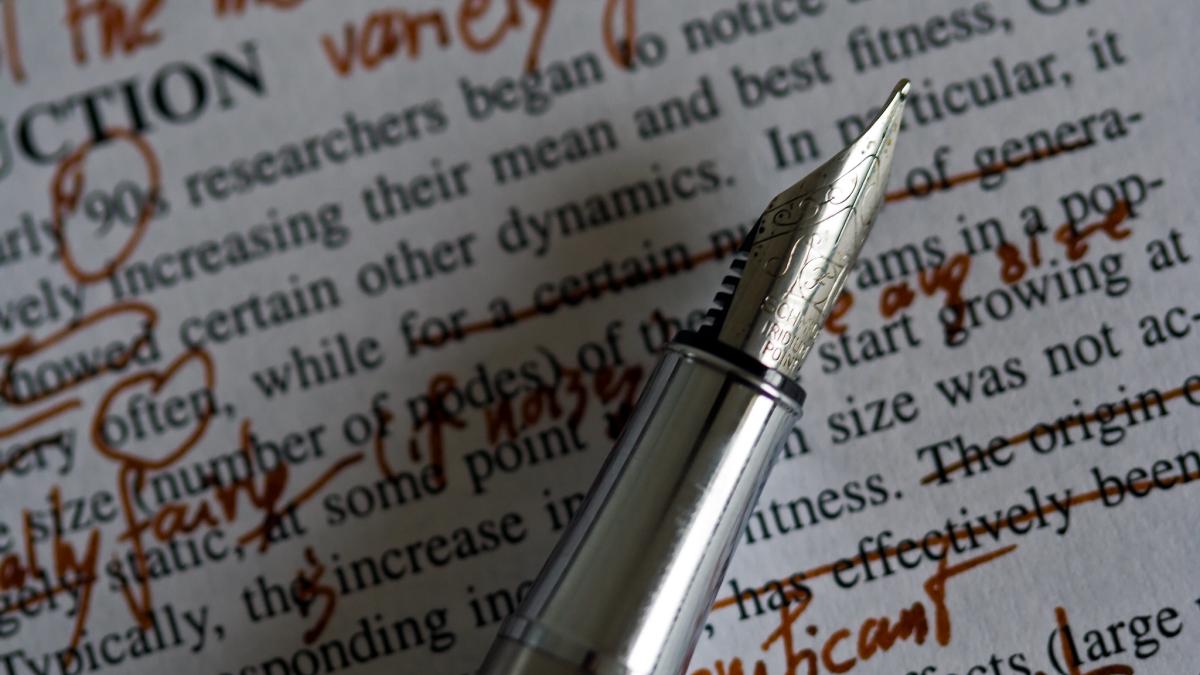How to Make Your Content More Accessible with Plain Language
Break down barriers to communication with clear and concise writing

When it comes to web accessibility, a lot of attention gets paid to how to present and structure content. Text size, color contrast, and use of headers are all vital parts of accessibility. Just as important, however, is making sure that the content itself is written in an accessible way.
One of the best ways to do this is by adopting the use of plain language. Plain language is the art of writing clearly and concisely to communicate your message to your audience. It makes information and content easier to read and understand. It helps bridge communication gaps, simplify complex concepts, and promote clearer understanding.
You can find plain language everywhere in society. Medical and legal professionals, educators, and others use it to communicate complex ideas. Federal agencies are required to use plain writing when communicating with the public. Businesses use it to reduce errors and enhance customer service.
Plain language serves as a powerful tool for fostering inclusivity and accessibility. It can help address educational and social inequities. It makes information accessible to wider, more diverse audiences, including:
- Individuals with cognitive and learning differences
- Older adults experiencing a reduction in cognitive skills
- Non-native language speakers
Nearly everyone benefits in some way from the use of plain language. It's a crucial tool for effective communication in virtually any field or context.
Using Plain Language to Update Drupal’s Code of Conduct
Last year, I worked with a group of Drupal community members to update the project’s code of conduct. As part of our process, we created draft language drawn from other open source codes of conduct. We then asked community members from around the world to review and share their feedback. The top piece of feedback we received was to make the language easier to read and understand.
The other codes of conduct we used to create our draft was written at a college graduate reading level. This made it hard to understand, especially for an international audience. Our goal was to simplify the text without losing its meaning and nuance.
- Adopted a more conversational and less formal tone
- Replaced legal and technical jargon
- Removed English-language idioms
- Replaced large words with ones that had fewer syllables
- Broke up large sentences into smaller chunks
- Replaced passive sentences with active ones
- Used tools like the Hemingway Editor and Readable to test for readability
- ChatGPT was not yet available at the time of our project, but if it had been we would likely have used it as well
Despite our best efforts, we were not able to remove every long word or complex sentence. However, we were able to make the text much clearer and more direct. As a result, community members should find the new code of conduct easier to understand and follow.
This experience helped me better understand and appreciate the value of plain language. I learned that it takes a lot of hard work to communicate complex ideas in an accessible way. That work is worth it though, if it helps make the Drupal community more inclusive for more people.
Getting Started with Plain Language
A good starting point for learning more about plain language is Plainlanguage.gov. The site offers resources to help federal agencies follow the Plain Writing Act of 2010.
Guides on how to use plain language to communicate health information can be found at:
The Center for Plain Language provides plain language resources, training, and advocacy.
While mastering plain language takes effort and practice, its benefits are considerable. It can help break down barriers, improve comprehension, and facilitate better decision-making.
I tend to scribble a lot by Nic McPhee, licensed under CC BY-SA 2.0.
